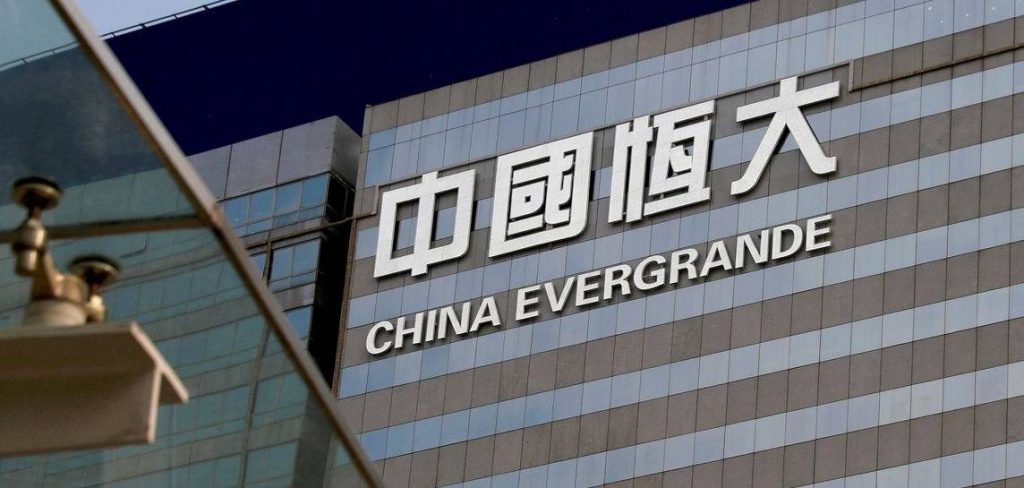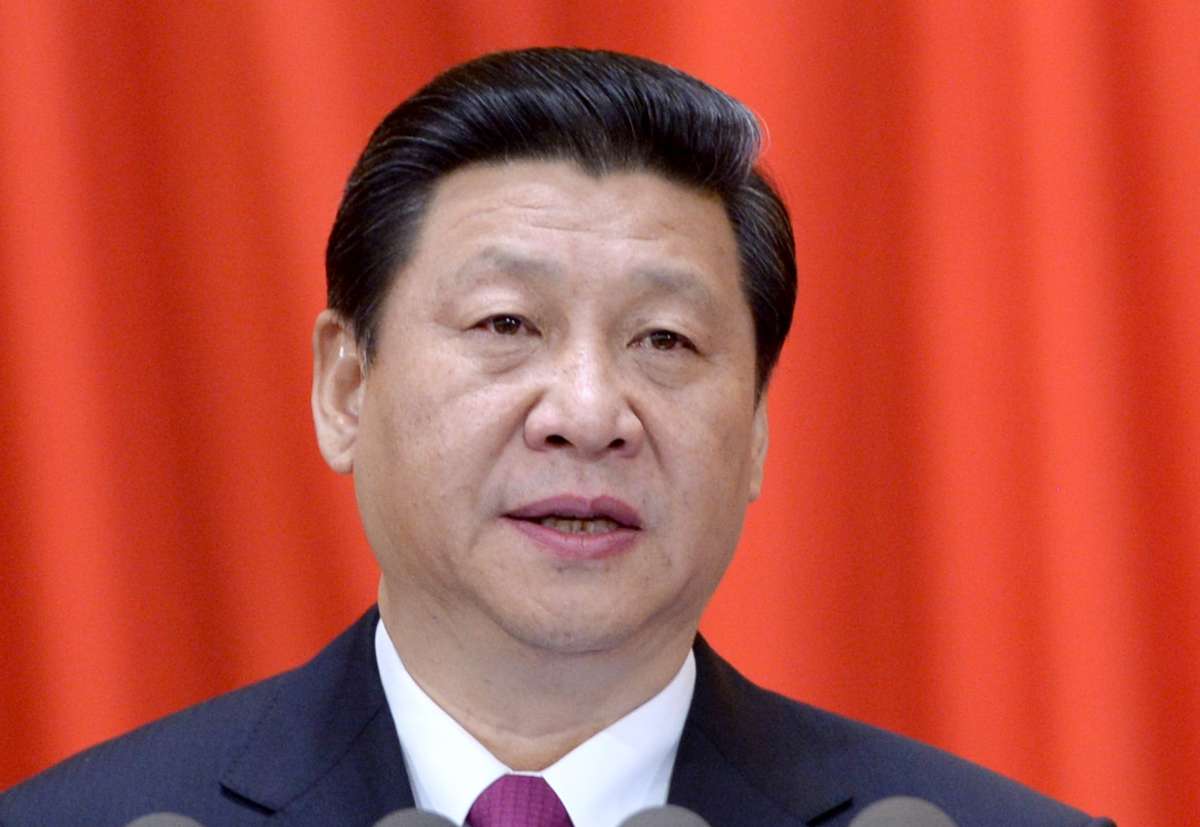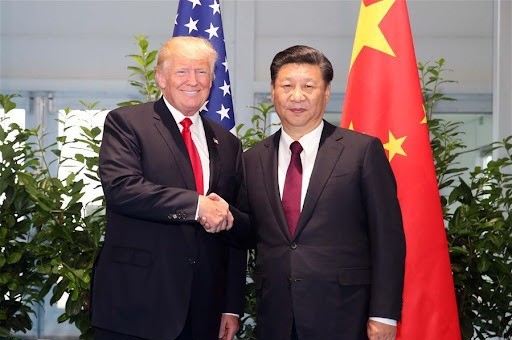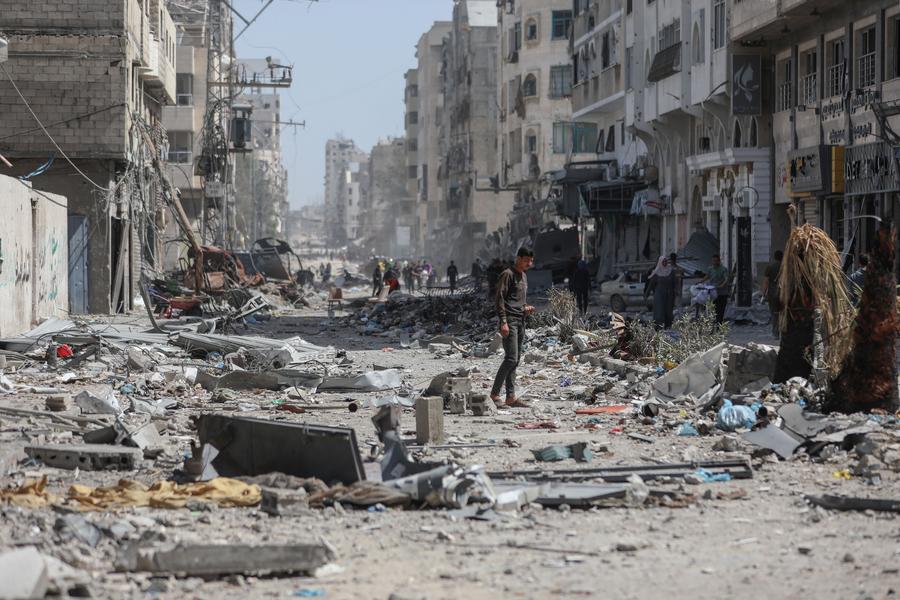Evergrande, Country Garden … The property market in China has hit the rock bottom. The question is what can President Xi Jinping do about it? … A special comment by Kaliph Anaz
China’s Evergrande Group, once China’s second-largest property developer has filed for bankruptcy in the US. Chapter 15 bankruptcy protection, allows a US bankruptcy court to step in when an insolvency case involves another country. It is intended to help promote cooperation between US courts, debtors, and other countries’ courts involved in cross-border bankruptcy proceedings. Evergrande, the beleaguered firm, borrowed heavily and defaulted on its debt in 2021, sparking a massive property crisis in China’s economy, which continues to date. The company’s bankruptcy serves as a cautionary lesson about the ‘growth-at-all-costs’’ model that underpinned China’s spectacular growth in the past three decades. The company’s default came after Beijing began cracking down, two years ago, on excessive borrowing by developers to rein in soaring housing prices. Since Evergrande’s collapse, several other major developers in China, including Kasia, Fantasia, and Shimao Group, have defaulted on their debts.
Most recently, another Chinese real estate giant, Country Garden, warned that it would “consider adopting various debt management measures” — fuelling speculation that the company may be preparing to restructure its debt as it struggles to raise cash. The industry’s problems have been amplified by an overall economic slowdown in China. Earlier this year, Evergrande unveiled its debt restructuring plan, which is China’s largest on record. The developer said it had reached “binding agreements” with its international bondholders on the key terms of the plan. As part of the plan, Evergrande said it would focus on returning to normal operations in the next three years, but it would require additional funding of US$ 36.4 billion to US$ 43.7 billion. The company had also warned that its electric vehicle unit was at risk of shutting down without new funding.

.Evergrande has more than 1,300 real estate projects in more than 280 Chinese cities and also has several non-real estate businesses, including an electric vehicle business, a healthcare business, and a theme park business. For decades, Evergrande was once one of China’s most successful real estate developers, and it gobbled up debt as China’s economy expanded exponentially. Demand for housing was so strong that homebuilders often pre-sold apartment units to buyers before construction was complete. But a sudden shift in policy by China’s leaders two years ago has left the country’s property developers scrambling for cash, compounding a financial risk within the world’s second-largest economy.
Meanwhile, Country Garden, once China’s biggest real estate developer, is also edging towards a default. The distressed builder suspended trading in nearly a dozen onshore bonds on 14 August, paving the way for debt negotiations and a possible restructuring. Investment bank China International Capital Corporation has been engaged to explore options for the company, including extending some soon-to-mature yuan notes. With about US$ 10 billion dollar bonds outstanding, foreign investors, of course, want to know what this will mean for their holdings, such as the recovery rate and timing of a debt workout. Any restructuring will not let investors see any money upfront. Exchanging notes for payment-in-kind bonds, a feature distressed firms often use to preserve cash, is very much on the cards.
The Achilles heel of Country Garden is the heavy exposure to smaller cities, which are plagued by housing oversupply and population outflows. What doesn’t help either is that the Chinese government has shifted its easing policy to larger, more resilient cities. Sales will take time to recover. By the company’s own account, it needs about 28 billion to 30 billion yuan in sales a month to generate enough cash and be able to finish pre-sold projects. However, it hasn’t hit the break-even point this year, and the past few months have been even worse.
It’s possible that Country Garden’s dollar bonds will be in default for a long time and no restructuring whatsoever will take place. The company will propose debt workouts only if its shareholders see value and want to turn the page. Billionaire businesswoman Yang Huiyan, who held a 52.6 per cent stake as of the end of July 2023, can materially change the builder’s financial policy and its attitude toward bondholders. In China, capital-intensive real estate development is long past its prime, while property management and services are the future. Indeed, in the first half, Country Garden is expected to report up to 2.6 billion yuan in net profit, while the troubled development unit may see up to 55 billion yuan in net loss.
Whatever happens to Country Garden, most investors can agree that for two years, the builder has tried hard to honour its obligations even as others became delinquent amid the government’s harsh regulatory crackdowns. Country Garden is just at the end of the road. Nearly three years of “zero Covid” restrictions sapped China’s economic growth, and consumers have been reluctant to buy new homes in the face of higher unemployment and falling property values. After a brief surge in activity earlier this year, China’s economic engines have been sputtering. Consumer prices last month fell for the first time in more than two years; youth unemployment has been rising so fast that authorities simply didn’t release the July data. Retail sales, export demand and factory production are all down. If the property market were to collapse, China’s economy would be in serious trouble.
The real estate sector in China was long seen as a vital growth engine and accounted for as much as 30 per cent of the country’s GDP. The property company’s debt load reached 2.437 trillion yuan (US$ 340 billion) by the end of last year. That is roughly 2 per cent of China’s entire gross domestic product. Evergrande also reported in a stock market filing last month that it had lost US$ 8 billion of shareholder money in 2021 and 2022. Further, the market for Chinese developers’ dollar-denominated bonds has seen a meltdown over the past two years losing a staggering 87 per cent of value. The rout has wiped out US$ 135.5 billion of value from US$ 154.9 billion of outstanding notes. The crash in Chinese builders’ dollar debt is symptomatic of the broader crisis facing the nation’s real-estate sector, which has seen 53 companies collapse in the space of little over two years. Investment in the sector fell 7.9% in the first half of this year, official data show. The industry as a whole shrank last quarter, resuming a contracting trend in place since 2021. The property market in China has hit rock bottom. The question is what can President Xi Jinping do about it?














